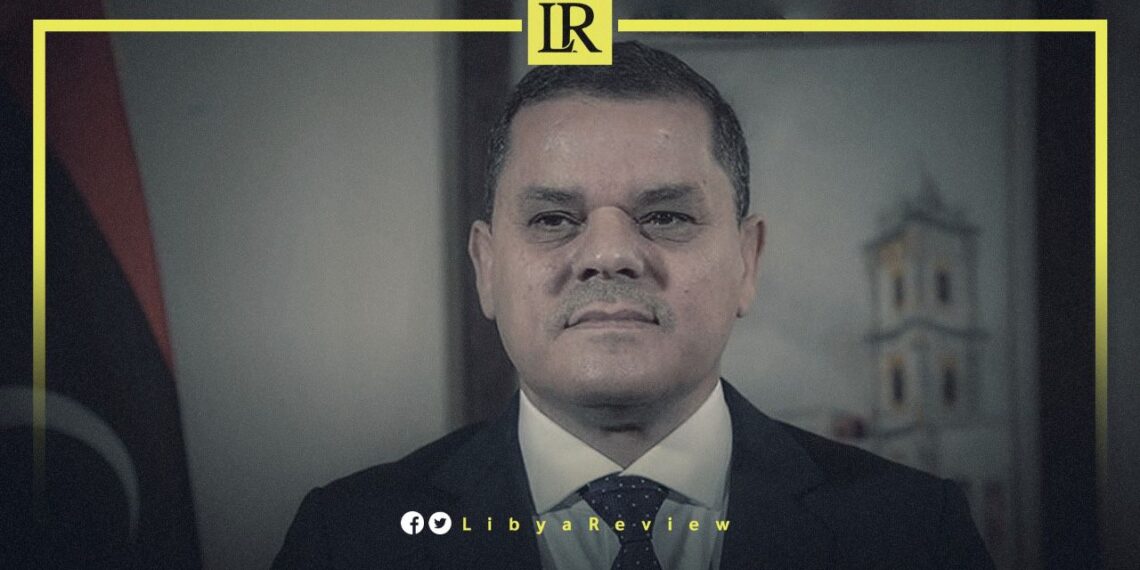A recent report in the UK-based ‘Al-Arab’ newspaper underscored the exceptional position of Libyan Prime Minister Abdul Hamid Dbaiba in serving the US interests in Western Libya. The report detailed how Dbaiba’s unique alignment with U.S. strategic goals makes him an invaluable asset, suggesting his leadership might be indefinitely sustained as part of his cooperation with the United States.
Dbaiba’s awareness of what his cooperation with the U.S. yields—continued power—underscores his crucial role in a region fraught with political instability but rich in strategic and economic opportunities. His leadership provides a pillar of stability in Western Libya, facilitating American efforts to secure a stronghold in this vital Mediterranean zone.
The U.S. is actively reinforcing its presence, marked by significant military coordination, such as the ongoing operations at the Ras Ajdir border and regular military flights between U.S. bases and Libya’s Al-Watiya Airbase.
Recent reports from French intelligence have disclosed significant military activities involving the U.S. in Libya, as relations continue to deepen between American military interests and Libyan security forces. According to these reports, there have been over five military flights recorded between American bases in the region and Al-Watiya Airbase, signaling a ramp-up in U.S. military presence.
The strategic importance of Dbaiba and Libya will be prominent in the discussions at an upcoming meeting between U.S. President Joe Biden and Turkish President Recep Tayyip Erdogan. The talks are expected to address the alignment of NATO’s interests in stabilizing Libya, with Dbaiba’s governance playing a pivotal role.
The U.S. support for Dbaiba highlights the intricate nature of international relations where strategic interests often shape political alliances. As Western Libya remains central to the geopolitics of the region, Dbaiba’s role is crucial not just for his ability to govern amid chaos but also for enabling U.S. objectives in maintaining regional stability and accessing strategic resources. His leadership, while controversial, is instrumental for the U.S. as it navigates the complex dynamics of North African politics.


